North Korea, that Stalinist dictatorship ruled by a stunted little gargoyle with bad hair from a long line of stunted little gargoyles with bad hair, has long been something of an enigma. This is mostly because the only reliable information to come from that place is brought out by the few defectors who trickle out. But now, we have some solid information that North Korea is, for some reason, closing down embassies around the world.
"We are conducting operations to withdraw and establish diplomatic missions in accordance with the changed global environment and national diplomatic policy," a spokesperson for North Korea's foreign ministry wrote earlier this month, according to translations from Yonhap News Agency.
Supreme Leader Kim Jong Un has approved withdrawal from Nepal, Spain, Angola, Uganda and Hong Kong in recent months, leading to some confusion from diplomats.
South Korean experts have claimed the closures indicate a rapidly deteriorating financial situation for their northern counterparts.
It's hard to think of how North Korea's financial situation could possibly get any worse than it has been for a couple of decades; this is a nation that can't even feed its own people.
"The flurry of measures appears to show that it is no longer feasible for the North to maintain diplomatic missions as their efforts to obtain foreign currency have stumbled due to strengthened sanctions," the South Korean Unification Ministry said last month, according to translations from Yonhap.
North Korea, unable to sustainably feed its own population through domestic production or standard trade, relies on allies' — and sometimes even enemies' — contribution to curb starvation.
Diplomats who have defected from the country have claimed North Korean embassies are largely funded by illegal activity and illicit money-making projects.
A look at North Korea and South Korea is enlightening. Both countries are of similar size; they were unified as one nation as recently as the Second World War; they are culturally and ethnically, for all practical purposes, identical. But one - South Korea - is a free market, capitalist society, while the other - North Korea - is a communist dictatorship.
North Korea actually has more arable land, 19.5 percent of their area as opposed to South Korea's 15.3 percent, and North Korea is larger, 120,538 square kilometers to South Korea's 99,720. South Korea has 51.7 million citizens as of 2021; North Korea has less than half that at 25.8 million. But this is the real indicator: South Korea is a wealthy nation, having a per capita GDP of $42,000, compared to North Korea's $1,700.
To call North Korea a disaster is a gross understatement.
But the Norks do have nuclear weapons and, supposedly, delivery platforms. Their military is powerful enough that the Japanese are taking a hard look at countering it, and it's also important to note that North Korea is a client state of Communist China, meaning that the Middle Kingdom may, as they did in the Korean War, prop the Hermit Kingdom up with weapons and munitions, in spite of their own strange problems.
North Korea is also known to have supported Iran's proxy militias in the Middle East, and North Korean dictator Kim Jong Un recently traveled to Russia for meetings with Russian President Vladimir Putin.
And yet, they are closing embassies, reportedly because they can't afford them.
Never has there been so clear an illustration of the differences between socialism and liberty. North Korea is a giant prison camp with starving people, ruled by a hereditary dictatorship, overseen by a ruthless secret police. South Korea is a vibrant, free nation, prosperous and vital. The comparison could not be more stark.
South Korea, of course, in addition to its prosperity, is also widely known for its sophisticated and refined cultural life.
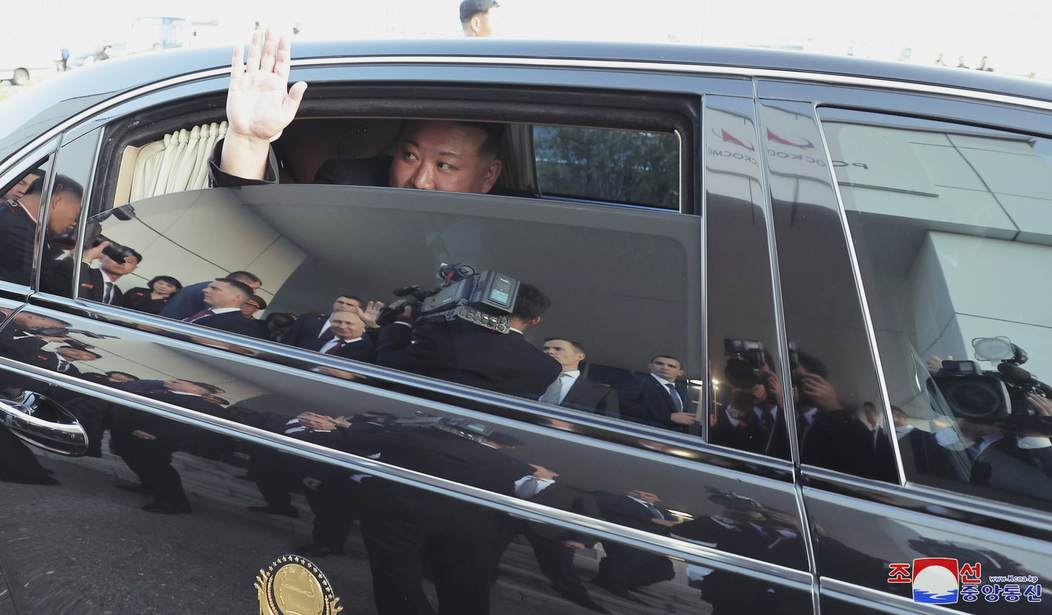

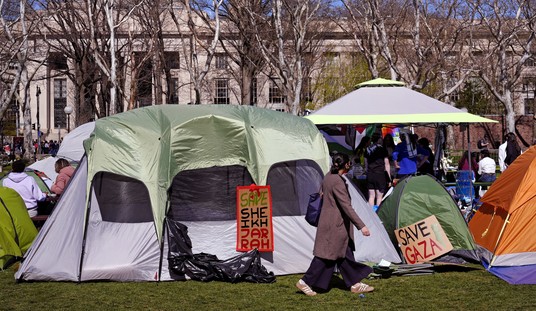
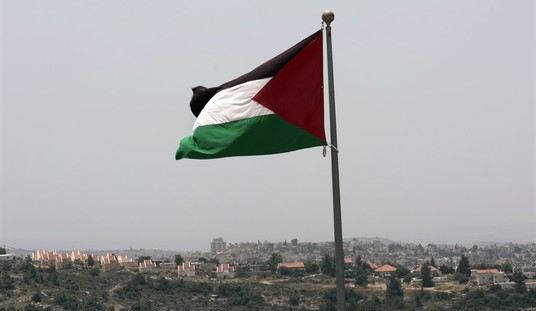


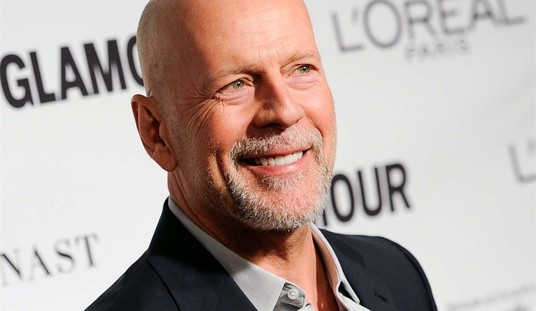
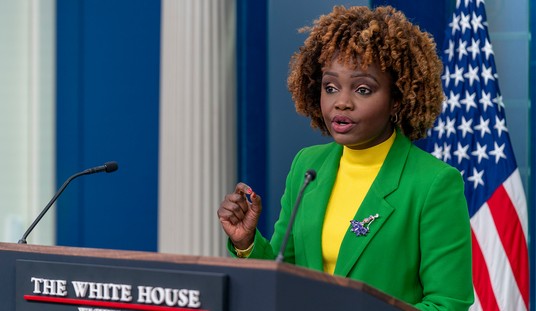

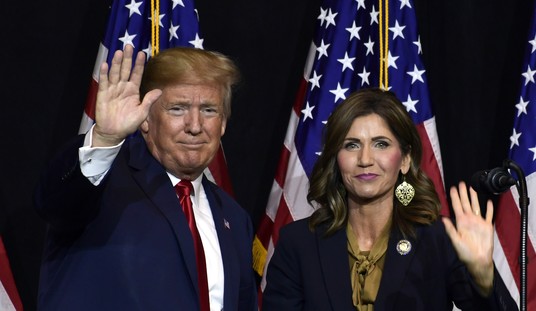
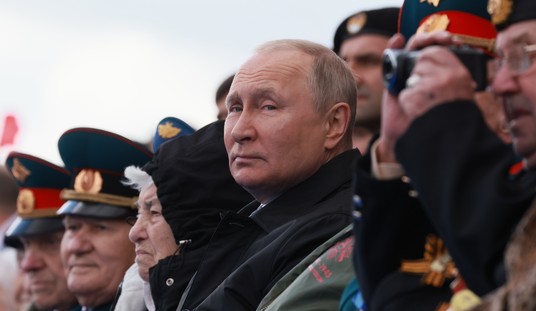

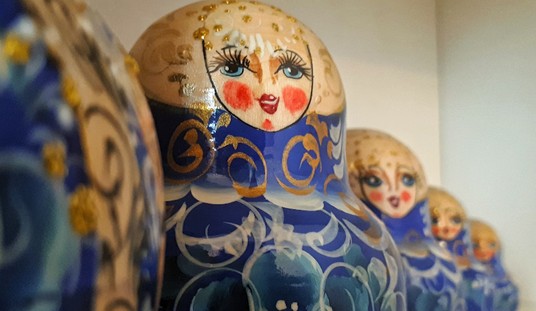
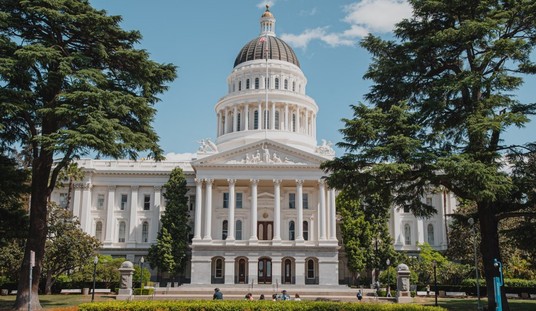
Join the conversation as a VIP Member